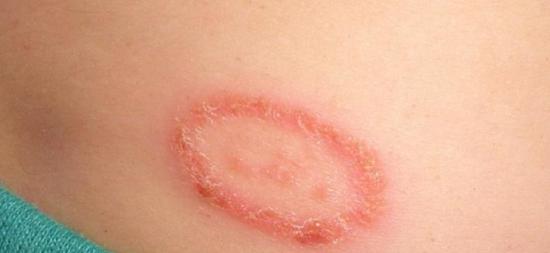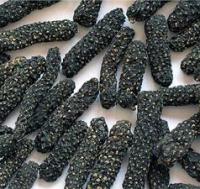Myopia is an eye disease seen in a young age where patients find difficulties in seeing objects at a distance.Myopia is also known as short sightedness. Research says this might occur due to the curvature change of the refracting surface of the eye or might be the refractivity problem of the eye.
Concave lens helps in relieving the patients from Myopia, but the user has to use the spectacles for ever.Recent development of laser technology might give patients permanent relief and allow patient not to use spectacles. If a patient is suffering from progressive Myopia, patient’s problem continues to increase though time and force the patient to change lens power as time passes.
Reference: http://en.wikipedia.org/wiki/Myopia
As per Ayurveda, if a person is suffering from chronic cold and constipation, he/she is more prone to get Myopia. Nervous system disorder is also known to be one of the reasons for this disease.
In the initial stage, patient experience blurred vision and gradually he finds difficulty in recognizing objects at a distance. Reading for a long time becomes a problem for the patient. Watering from the eye, itching, burning sensation and feeling heavy eyes are few symptoms patient might experience which might lead to a headache and lack of sleep.
Ayurvedic Treatment
Ayurveda says, before even start treating Myopia, the patient is treated with the root cause of the disease like chronic cold and constipation.
Ayurvedic Doctors commonly recommend Triphala for the treatment of constipation; this also helps in providing nutrients for the eyes.One table spoon of the Triphala powder is mixed with a glass of water and kept overnight and in the early morning the water can be taken in empty stomach. Some times it may cause loose motion.Therefore, it is recommended to take regulated amount to have one clear motion in the early morning. This medicine can be taken for 15 days continuously to fight against constipation. Patients are advised to continue even after 15 days to have a significant result on eyes.
Yashti Madhu is another medicine recommended by Ayurveda for the treatment of Myopia. One teaspoonful powder of Yashti Madu is mixed with 1/2 teaspoonful of Ghee(cow ghee) and one tea spoonful of honey. This medicine is given twice daily in empty stomach.
Saptamrita lauha is an Ayurvedic medicine available in the market made from above compound, if myopia is the result of nervous debility Saptamrita Lauha is an excellent medicine. In this medicine Triphala, Yashti Madu, Lauha Bhasma, Ghee and Honey are used. Patient can take one teaspoonful of this medicine added with one cup of milk twice daily.
To fight against Progressive Myopia, Maha Triphala Ghrita is recommended. One teaspoonful of this medicine twice daily with milk is prescribed.
Diet
Avoid any food that is hard to digest. Any sour, spicy food is strictly prohibited. Take properly cooked and with minimum or no oil and masala(spicy) food. Avoid all fast foods. Cows ghee is a recommended food as it helps in improving eye power. Avoid all fried foods.
General advice : Try to learn relaxing and stop getting anxious about the eye condition getting worse. Don’t let your children fear of their eye conditions. Improve mental strength to learn that it can be cured or progression can be stopped if proper care is taken.There is no ailment/disease in the world which cannot be cured if mind and medicines work together closely to complement each other.
Greenery has an immense real effect on eye and brain as well as on general health. Expose yourself to more and more greenery. Expose yourself to morning sun ray. Start a yoga routine. Eat healthy and avoid alcohol, fried food, excess spicy food and stop eating food from outside eateries.
Never forget to visit a qualified and reputed doctor and take advise. Its worth spending few bucks for an essential part of the body like the eye. Do not be your doctor and take any medicines found on the internet or a book without a physician’s examination/advice. Internet source/books should be treated as a just reference and not as the final prescription and should be treated as general information only. As per Ayurveda each and every body type differs and different medicines should be prescribed for different body type/condition.


 recommend.A half teaspoonful of the powder of long pepper is mixed with two teaspoonfuls of honey and two spoonfuls of ginger juice and is given three times a day.This helps in building resistance power of human body against influenza. This also helps in bronchitis and throat congestion.
recommend.A half teaspoonful of the powder of long pepper is mixed with two teaspoonfuls of honey and two spoonfuls of ginger juice and is given three times a day.This helps in building resistance power of human body against influenza. This also helps in bronchitis and throat congestion.